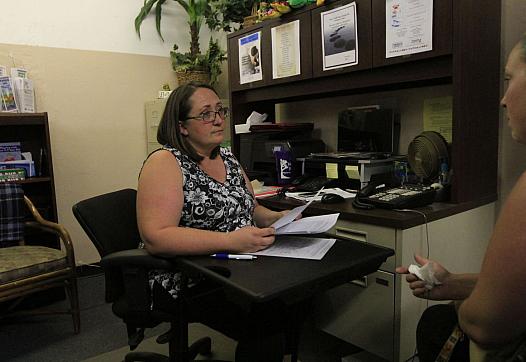
So much of Luton’s childhood and adolescence seemed normal to her at the time. Her father mishandling her mother. Her brother coming after her with a metal poker. Her boyfriend with the meth addiction. All normal. It’s a wonder how she didn’t become a statistic herself.

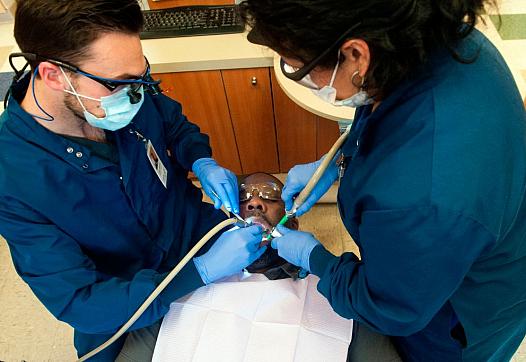
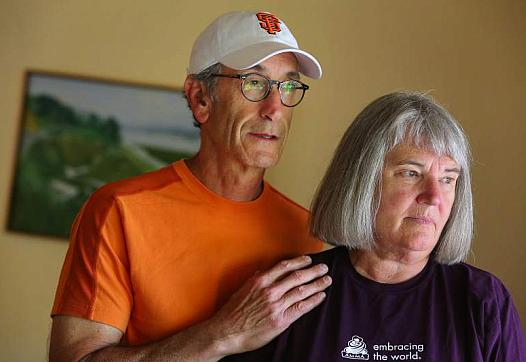
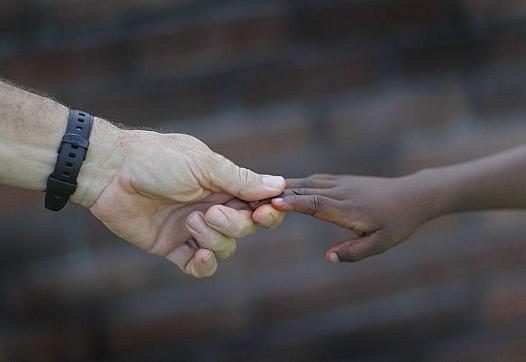
![[Photo by Norbert Eder via Flickr.]](/sites/default/files/styles/teaser_list_thumbnail_large/public/title_images/unnamed_119.jpg?itok=Yo3MfvoO)

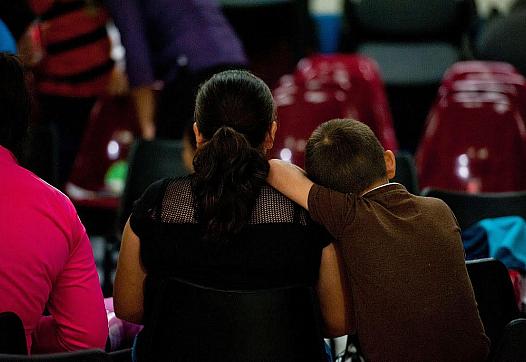

![[Photo by Marie. L. via Flickr.]](/sites/default/files/styles/teaser_list_thumbnail_large/public/title_images/unnamed_88.jpg?itok=hdqQEQ0d)
